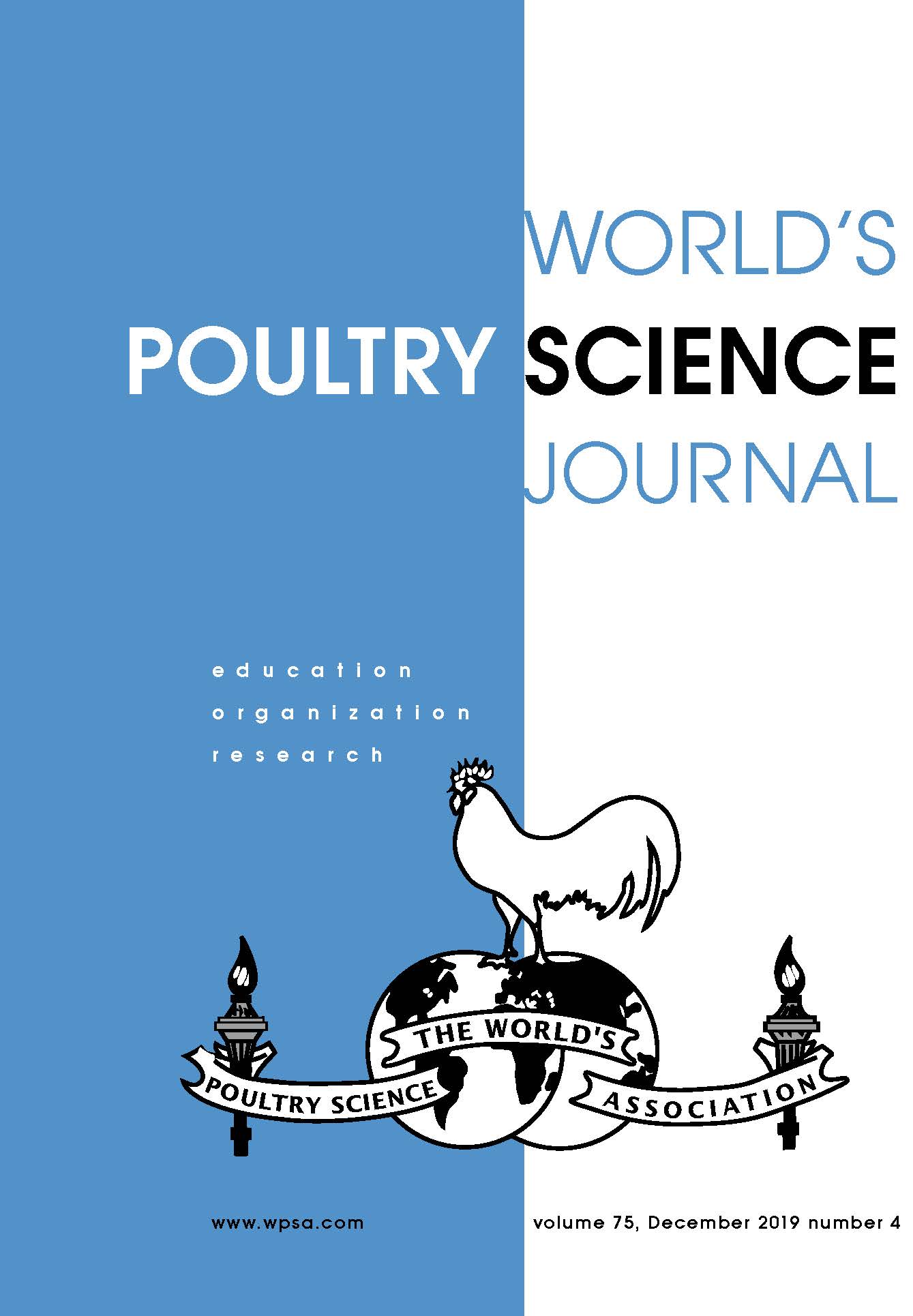The development of poultry science in the second half of the 20th century is an extraordinary story and with the death of Professor Trevor Morris, poultry science says good bye to one of the outstanding champions of that period. Trevor’s contributions to science, to research, to teaching, to production practice and to the institutions of poultry science were quite exceptional and reflect the character and capacity of a very remarkable man. Professor Trevor Raymond Morris, PhD, DSc died on February 2nd 2009, aged 78, after a short but brave battle with colon cancer and its complications. WPSA has lost one of its great heroes.
In poultry science there can be few who have not responded in some way to his prodigious output. A long list of graduate and post-graduate students have played a significant role in the industry and many more will pay testament to the effect that discussions, arguments and debates with Trevor Morris have had on their own thinking. Always able to understand and appreciate the key points of basic science, able, above all else, to plan and interpret brilliant applied science experiments and able to transfer his findings effectively into the industry, he has influenced the course of poultry science, for good, over a long and very productive career.
He has been a guide, a counsellor and a source of wise ideas for the WPSA. He did not seek power or high position but has contributed greatly and continuously to the Association’s affairs, both in the UK and in the world body. He was a member from 1952 to 2001 serving on the UK council for 20 years and on the WPSA Council from 1985 to 2000. He re-wrote the constitutions of both bodies, a typical unsung but wise contribution. In the UK he was a leading member of a small group that kept the Poultry Science Symposium Series going after 1974 and he edited the 9th Symposium on Energy Requirements of Poultry and the 24th Symposium on Poultry Immunology. His many contributions were marked by WPSA by his election to the International Poultry Hall of Fame at its inception in 1984. Trevor was also a Council member (1962-1981) and Editorial Board Member (1971-75) of British Poultry Science Ltd and guided the scientific programme of the 9th European Poultry Conference held in Glasgow in 1994 amongst many other activities.
Born to a farming family in Gloucestershire in the UK Trevor always honoured his roots in practical farming and this, no doubt, accords with the tremendous contribution he made to practical poultry production from a scientific base. The family farm had 2000 hens in folds which may have started an interest which led, in 1950, to Trevor starting a post-graduate diploma at Lane End Farm, Reading; a centre he later turned into a place of international importance. Apart from National Service (1955-57) and a year spent at the University of Illinois (1959-60) Reading was both his alma-mater and his home for the whole of his career, but through teaching overseas students, through writing and through extensive travelling, his influence was truly felt world-wide. His university career developed from demonstrator to a personal chair (1981) and Head of Department (1983-91) and was marked by the award of a PhD in 1960 and DSc in 1981. After formal retirement he continued work in the University fund-raising for the creation of a new building for the Faculty of Agriculture. He also continued collaboration with a former student which led to the publication of a book on ducks (Cherry and Morris) and with a former research fellow at Reading to produce a book on lighting for all species of poultry (Lewis and Morris). His association with Peter Lewis continued his lifelong work on lighting and resulted in the production of almost 30 scientific publications, including models to predict sexual maturity in laying hens and broiler breeders in response to lighting. Trevor produced his own book on experimental design and analysis in animal sciences in 1999; a testament to his success as a teacher of statistics and experimental methods.
His researches on lighting of poultry and on nutrition were the most important although there are many areas of poultry science influenced by his work. His work on light produced the first rules for lighting domestic fowl, and these are still applicable today. In many parts of the world, poultry keepers can quote, frequently ad verbatim, Morris’s golden rule for lighting egg-laying stock “Never increase day length during rearing, and never decrease in lay”. His work on light intensity also gave the world’s poultry industries their bench-mark for the amount of stray light permitted in controlled environment housing. In 1995, Trevor was jointly awarded the prestigious Tom Newman Memorial medal for his contribution to our knowledge of poultry lighting. In nutrition his work on responses to the energy and amino acid contents of the feed provided a corner stone around which many others have built strong ideas and applications. These contributions led to a Symposium in South Africa in 2005 on Poultry and Pig Modelling being held in commemoration of his work; this occasion also marked the delivery of his final paper from a conference stage.
Outside poultry science and teaching Trevor had enthusiastic interests in the Church, in music and in his garden. To his children and family we extend deepest sympathies for their loss. WPSA marks the life and work of a remarkable man.
Colin Fisher and Peter Lewis

